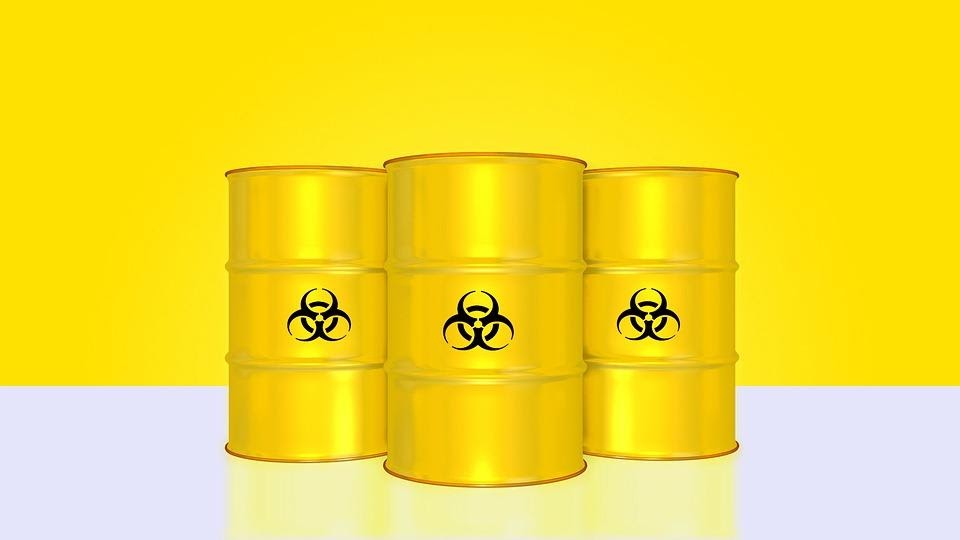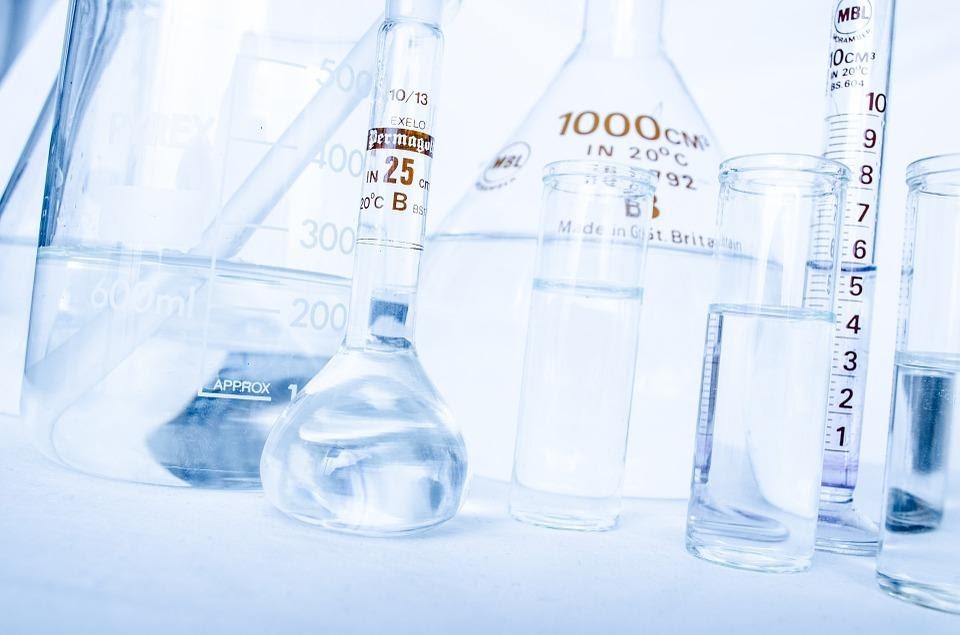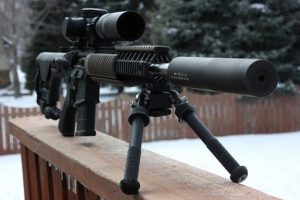Most product types are available to source from China, and with the prospect of good savings and quality. However, there are some types of items you should avoid sourcing if possible. These items can often prove more trouble than they are worth, and careful consideration should be taken before trying to procure them overseas.
Hazardous materials

Items such as compressed gases, oxidizers, poisons, radiation, corrosives, paints, flammable liquids, or potentially explosive materials are extremely difficult to import. Most are restricted entirely.
Items that will be involved with or come in contact with these materials can also be pretty heavily regulated. Not only are they heavily regulated by customs, shipping them can pose a challenge. Some of these items require very special transport that incur heavy shipping costs. The labeling of hazardous materials is also critical to consider.
We looked at sourcing covid testing kits in the past. These kits must be shipped under special conditions and kept at very cold temperatures. This made the shipping cost rise sharply and they ended up not being a viable option.
Liquids

Products with any liquids can be difficult to source. They can’t be shipped by air, so the shipments must be made by sea. Most, if not all, freight companies will requires any products that contain liquids of any kind be shipped FCL, or full container load. What this means is, if your shipment only takes up ¼ of a cargo container, you still need to pay for the full space of the container. This is so that if for some reason your product leaks, it won’t damage anyone else’s products.
It can also be a challenge to source liquids themselves. Most factories in China are geared for high volume production. While a 55 gallon drum of your formula may fill hundreds of small containers for a product, there isn’t much profit for a chemical factory that has to produce the 55 gallon drum of fluid. If it is a custom formula, then they have to switch production methods to make the fluid which costs time and money, and so they will want a larger volume order to offset setup costs.
Using a stock formula can help save money, but finding one is also a challenge, as there are not a large number of formulas that aren’t patented.
There also aren’t many chemical production factories in China that are FDA certified, which, if you are importing into the U.S., they would certainly have to be.
This isn’t to say that you can’t ever make a profit sourcing products with fluids, but in general, they have to be in high volumes orders to be accepted by the factory, and to be profitable as a whole.
Firearms

Firearms are all but impossible to import from China. China has restricted most firearm parts to be exported from China. Most accessories are acceptable to import such as holsters or bipods. To find out if a specific part is allowed entry, you should contact your customs broker who would be able to look it up.
An option would be to partially machine a parts in China, then have it imported and finished machined in the U.S. You would still be able to save a large portion of the costs from the material and partial work.
The ATF and Firearms & Explosives Imports Branch have put a guidebook together to make sure your imports are lawful and proper verification is being used.
Products the U.S. exports to China

Trying to import products that are being exported already won’t work for obvious reasons. Sometimes…
The top U.S. exports to China are soybeans, automotive and aeronautical parts, and electrical integrated circuits and semiconductors.
For automotive and aeronautical parts, you can source machined or forged products, but parts with advanced electrical components and systems are much harder to source from China. There aren’t many factories that level of expertise, and it can also be challenging communicating complex technical terms in another language.
Experienced Guides for Your China Sourcing Journey
If you can avoid sourcing these items, you will end up saving yourself a lot of time and headache. For questions on whether a product is legal to import or export, you should contact a customs broker. If you need one, feel free to contact us. You can also contact us if you are looking for a quote on your product.
